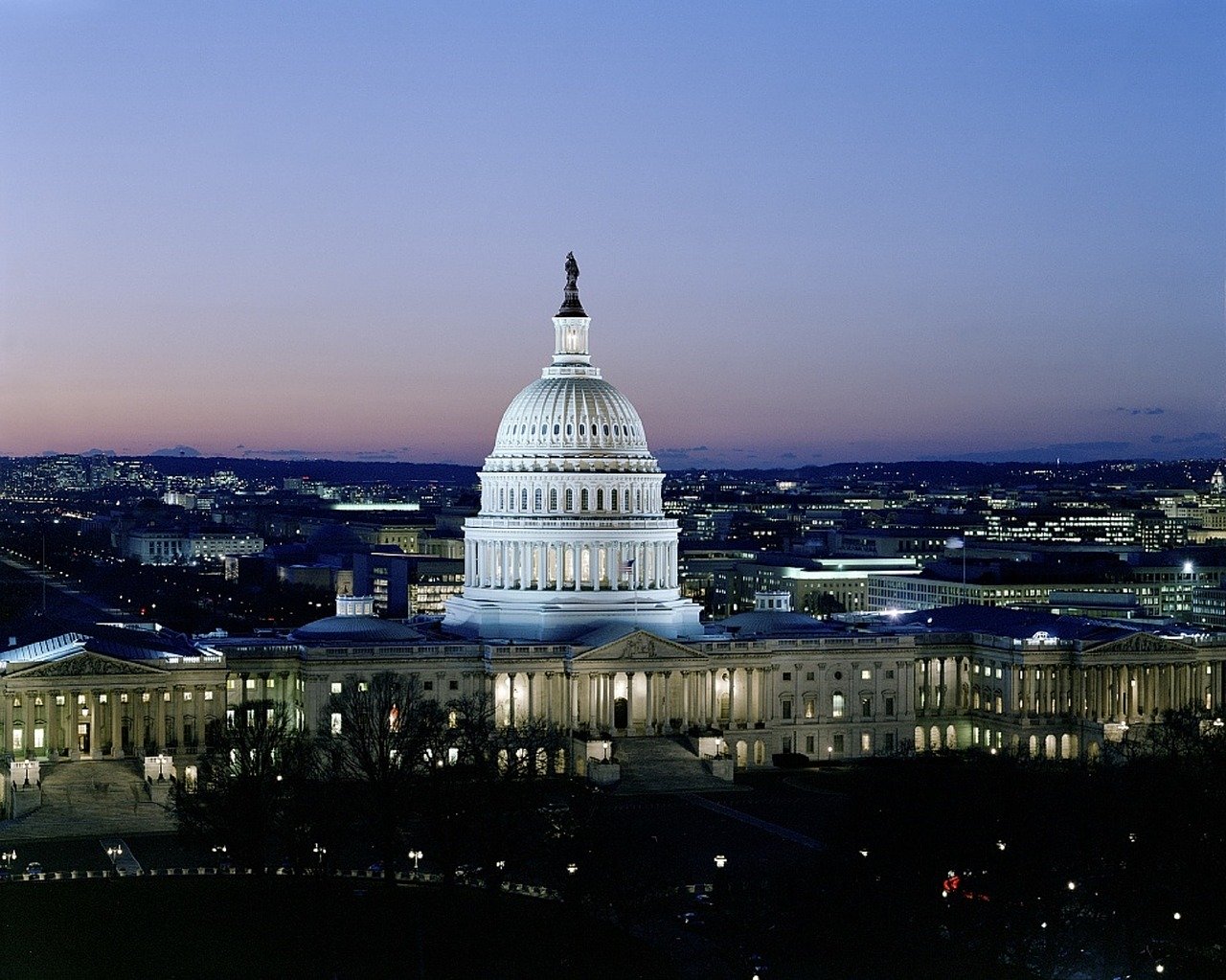Wall Street Journal: Trump Campaign Wants States to Override Electoral Votes for Biden. Is That Possible?
By Wall Street Journal

Trump Campaign Wants States to Override Electoral Votes for Biden. Is That Possible?
A look at how state legislatures can become involved in choosing electors
November 21, 2020 | Deanna Paul | Wall Street Journal
The Trump campaign is pursuing a strategy to have Republican-run legislatures in battleground states override results favoring President-elect Joe Biden, in an unprecedented bid to alter the outcome of the election. …
The Trump campaign is pursuing a strategy to have Republican-run legislatures in battleground states override results favoring President-elect Joe Biden, in an unprecedented bid to alter the outcome of the election.
The effort has targeted states such as Michigan, where Mr. Biden is ahead by 156,000 votes but the legislature is controlled by Republicans. So far, the effort hasn’t gained traction—Michigan lawmakers who met with President Trump at the White House on Friday said they saw no reason the state’s vote should change.
Here’s a look at the plan and the electoral process:
What is the Trump campaign’s strategy with electors in swing states?
Trump campaign lawyers say Republican-controlled legislatures should use their legislative powers to set aside vote results favoring Mr. Biden and appoint electors to cast votes for Mr. Trump when the Electoral College meets on Dec. 14. The Electoral College is a body of delegates that meets after the election to select the president based on state vote results.
To accomplish the goal, the Trump campaign must stop key states from certifying results for Mr. Biden and convince legislatures to bypass popular-election tallies in the short amount of time before the Electoral College meets.
“The entire election, frankly, in all the swing states should be overturned and the legislatures should make sure that the electors are selected for Trump,” said Trump lawyer Sidney Powell on Fox News on Thursday.
Bob Bauer, a legal adviser for Mr. Biden, said the strategy was doomed to fail. “No state legislature in our country’s history ever has done what the president is apparently agitating for,” Mr. Bauer said.
The Trump campaign has either challenged or threatened to challenge the vote in six states: Michigan, Pennsylvania, Wisconsin, Georgia, Nevada and Arizona. To secure a victory of 270 electoral votes, Mr. Trump would need to overturn the outcome in several disputed states.
Does the Constitution allow state legislatures to select electors?
The U.S. Constitution gives state legislatures the power to determine how to appoint electors. All 50 states choose to select them through the popular vote, which must be cast on Nov. 3.
Although states have varying certification deadlines, federal law requires them to resolve any disputes, finalize results and choose electors by Dec. 8. As long as states certify by that date, the U.S. Congress will when it convenes in January accept each state’s final determination of electors.
Federal law allows state legislatures to intervene in the event the voting process fails on Election Day.
“If the whole system collapsed on November 3, then electors can be appointed on another day, in another way, that the state legislature directs,” said Edward Foley, an election-law professor at Ohio State University’s Moritz College of Law. While federal law gives this option, it doesn’t define what constitutes an election-day failure.
The law says state legislatures can step in and choose an alternative method for appointing electors, including appointing them themselves.
What happens if lawmakers try to pick electors?
The idea that legislatures can override the popular vote and put forward their own slates has prompted pushback from legislature leaders, including in Michigan and Pennsylvania where the Trump campaign has tried to apply pressure.
Such an effort likely would lead to litigation and cause key states to collide with elector deadlines, making it possible for a governor and state legislature to send different slates of electors to Congress, said Mark Medish, co-founder of Keep Our Republic, a nonprofit founded earlier this year to preserve election integrity.
“The longer a disputed election takes, the less legal and more political it gets,” he said.
What happens if a state submits two slates of electors to Congress?
On Jan. 3, 2021, a new Congress will be sworn in and three days later a joint session of the House and Senate will gather to count electoral votes.
Disputes over competing slates of electors are resolved at this point under the Electoral Count Act, which says Congress must act on any submission from the states “purporting to be the valid electoral vote.” The law was passed after three states submitted competing slates of electors during the presidential election of 1876. Republican Rutherford Hayes was seated by electors over Democrat Samuel Tilden, who won the popular vote.
Congress is supposed to accept the slate of electors that has been certified by the “executive of the state.” This is often interpreted to mean the governor but could also be read as another official with the power to certify a winner, such as a secretary of state. But the process is subject to a vote, opening up the possibility of a tie on the electoral tally.
Should something like that occur, the House of Representatives, under the Constitution’s 12th Amendment, would choose the president. This has happened twice in American history, in the elections of 1800 and 1824.
This process gives one vote to each House delegation. The majority—26 of 50 state delegations—must vote for a candidate to become president. Despite being in the House minority, Republicans currently have 26 delegations and will likely retain that control in January. If party discipline holds, a vote under the 12th Amendment would favor Republicans.
